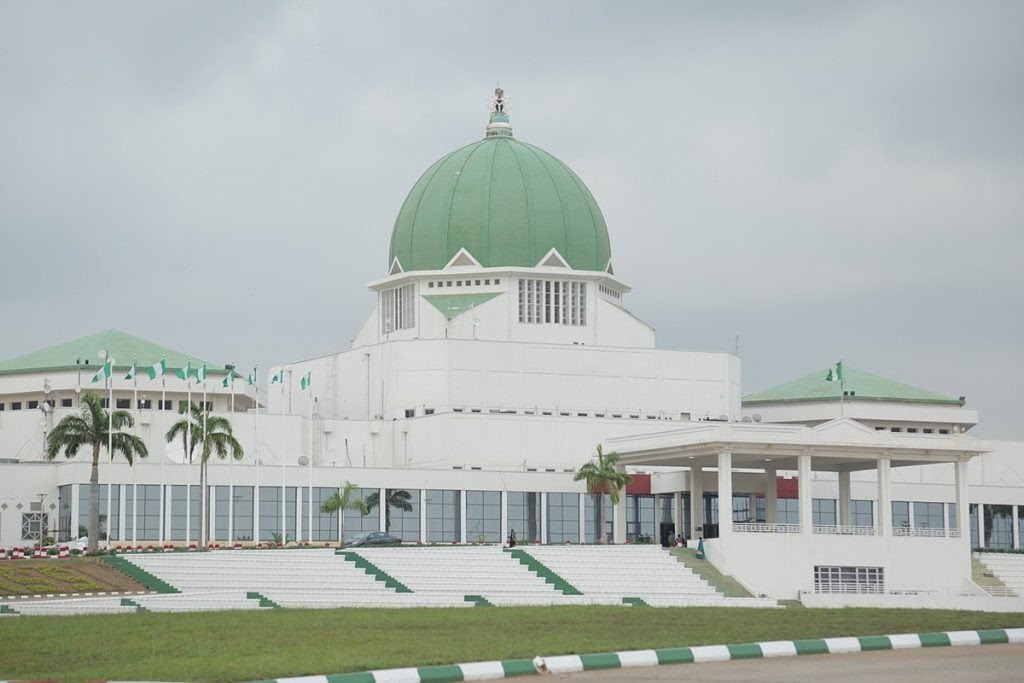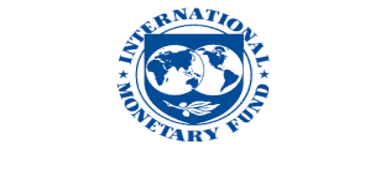Why Is Nigeria Still Borrowing Despite Surging Revenues ? National Assembly Questions Tinubu's Surging Loan Requests
Why is Nigeria Still Borrowing Despite Surging Revenues? National Assembly Questions Tinubu’s Loan Requests"
By: Achimi Muktar
The National Assembly raised critical questions on Monday regarding President Bola Tinubu’s continued request for foreign loans, even as some of Nigeria’s major revenue-generating agencies reported surpassing their budgetary revenue targets for 2024.
In a heated interactive session with the joint Committees on Finance, Budget, and National Planning, several key players in Nigeria's financial ecosystem revealed startling revenue achievements, sparking concerns about the necessity of further borrowing.
Surpassing Revenue Targets: A Cause for Celebration or Concern?
Zacch Adedeji, Chairman of the Federal Inland Revenue Service (FIRS), took center stage with his announcement that the Federal Government had collected a staggering N1.5 trillion in education tax alone, far exceeding its N70 billion target. He noted that the overall target of N19.4 trillion for the 2024 fiscal year was expected to be surpassed, with N18.5 trillion already achieved by September.
“Out of N19.4 trillion targeted for 2024, we have already collected N18.5 trillion as of September. By the end of the year, we are set to exceed the target,” Adedeji boasted. But despite these impressive figures, members of the Senate remained skeptical about the need for additional foreign loans.
The Nigerian National Petroleum Company Limited (NNPCL) also reported exceeding its N12.3 trillion revenue projection for 2024, already reaching N13.1 trillion. Mele Kyari, NNPCL’s CEO, projected even higher revenues for 2025, suggesting that the country’s oil sector is on a solid growth trajectory.
In a similar vein, Nigeria Customs Service (NCS) reported a revenue of N5.35 trillion by September, well above its N5.09 trillion target for the entire 2024 fiscal year. Customs, too, is projecting further growth in 2025, targeting N6.3 trillion in revenue.
A Dissenting View: What’s the Need for Loans?
The extraordinary revenue figures prompted lawmakers to question why the Nigerian government still sought loans, given the clear surplus from these agencies. Senator Adamu Aliero of Kebbi Central (PDP) was among the first to raise the point, asking, “What is the Federal Government doing with the excess revenues generated by these agencies while still asking for foreign loans?”
Adedeji, however, defended the government’s borrowing stance, clarifying that loans requested by the executive branch were already factored into the national budget’s Appropriation Act. According to him, borrowing is an approved part of the fiscal policy, which the National Assembly has already sanctioned.
“The fact that we are meeting and surpassing revenue targets does not negate the fact that borrowing is essential for fulfilling the broader budgetary requirements, particularly in addressing the deficit,” Adedeji explained.
Senator Atiku Bagudu, Minister of Budget and Economic Planning, echoed this sentiment, stressing that the 2024 budget’s borrowing plan, amounting to N35.5 trillion, was largely meant to cover a N9.7 trillion deficit. Despite the improved revenue collection, he emphasized that borrowing was still necessary to meet the government’s long-term development goals, including boosting productivity and addressing the needs of the most vulnerable Nigerians.
A Glimpse into the Future
Wale Edun, the Minister of Finance and Coordinating Minister of the Economy, added further weight to the government’s justification for borrowing, outlining the critical need for funds to continue supporting the national budget and to fund important programs in education, health, and infrastructure.
While the discussions on revenue generation and borrowing remained a focal point, the meeting also highlighted challenges faced by other government agencies, such as the Nigeria Immigration Service (NIS). The NIS came under fire for a controversial Public-Private Partnership (PPP) arrangement for passport production, which gave a consultancy firm a staggering 70% of the proceeds, leaving the government with only 30%. The National Assembly has now ordered the NIS to present all related documents for review, with some lawmakers calling for an immediate overhaul of this unfavorable arrangement.
Conclusion: A Mixed Bag of Optimism and Skepticism
While the surplus in revenue collection from agencies like FIRS, NNPCL, and NCS is a promising sign of growth, the National Assembly's probing questions suggest that many remain unconvinced about the necessity of borrowing. With large fiscal deficits still on the horizon, the government’s borrowing plans, especially in the context of rising revenues, continue to stir debate over fiscal management and accountability.
As the discussions unfold, all eyes will be on whether the Nigerian government can strike a balance between leveraging its growing revenues and addressing its borrowing needs to ensure a stable and sustainable economic future.




















